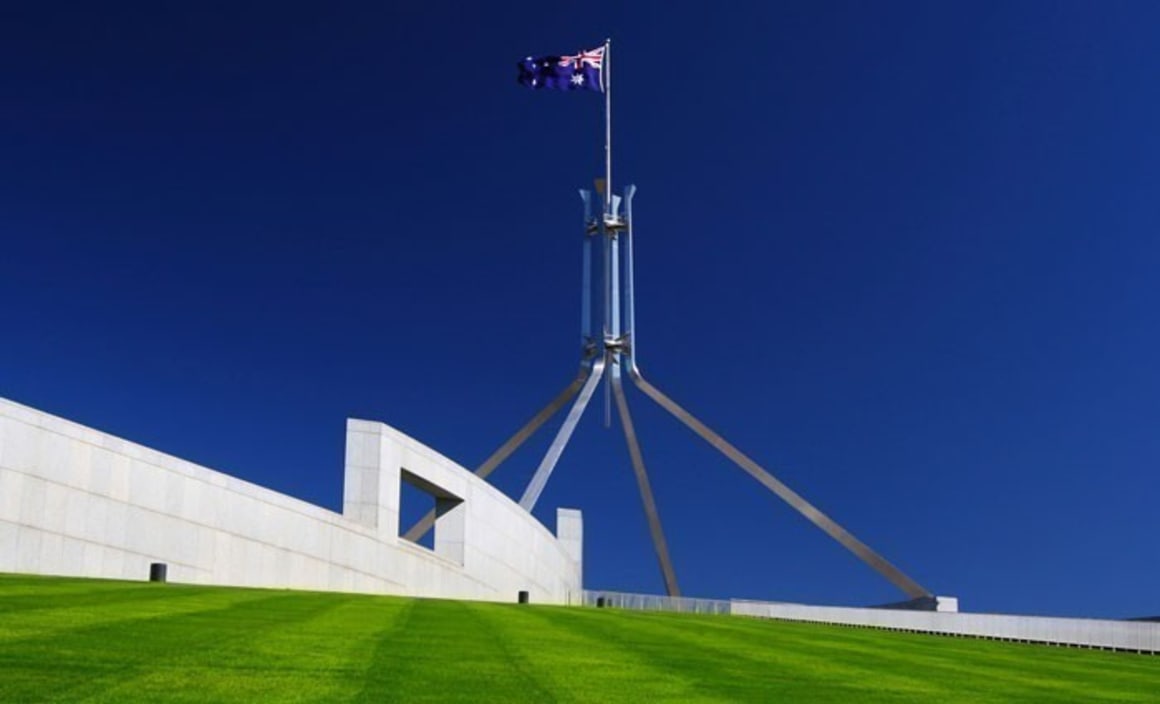Why our elected governments are having a shocker: Robert Simeon

There are three things missing from Australia’s current economic debate – honesty, bravery and conviction.
We know that the Australian tax system is badly broken however the politicians won’t do a thing to fix it simply because they are only too well aware that any such moves would jeopardise their political wellbeing.
Social media runs amok around every time the Reserve Bank of Australia (RBA) meets to discuss the cash rate, whilst we all know that monetary policy is failing miserably. We even have competitions to see which economists have the highest success rate by predicting the cash rate outcome.
The reality is that since the global financial crisis (GFC) we can be certain of two things – cash rates are all headed to zero (or close to) and debt and deficits keep climbing. It’s interesting to note that this year marks the fifth anniversary of the Henry Tax Review although each year it re-emerges under a different name – intergenerational report and last month’s tax discussion paper. All sadly are nothing more than public relations exercises that highlight weak governments with an inability to act.
Iron ore prices are collapsing as to the price of oil and the Aussie dollar has fallen about 20% over the last 18 months. Like most governments around the world they are now devoid of an economic conviction and simply don’t know how to start a national debate.
Here’s an idea – stump up $50 million and see which Australian businesses can come up with the best economic reforms, and that would mean stripping all current governments – local, state and federal. Of course we keep getting that old chestnut of raising the GST although the problem Australia has is so much work is done in the cash economy that the GST fails the test miserably. You wouldn’t need to increase the GST if all the loopholes were closed.
We should be looking at the economic models were the principle place of residence is taxed on profits made when sold. It should also be a tax deduction for all expenses too – that way the cash economy is significantly minimised and GST receipts increase significantly. Then the state governments can start shutting down many of their tax rorts like payroll tax, land tax and stamp duties.
There are two other very important points that need raising which highlights another problem Australia has – How to bridge the infrastructure gap. “The faster our population grows, the worse our governments are performing in choosing and building the infrastructure we need to cope with that growth.”
“Three statistics issued in recent days reveal the scale of the problem.
- "On 26 March, the Bureau of Statistics issued the latest population figures. They revealed that Australia has grown by more than three million people in just eight years to last September. We are gaining almost 400,000 people every year. Every two and half years or so we add another million people.
- "On 31 March, the Bureau released its regional population estimates for the year to last June. They showed that almost half of that rapid population growth is going into just two cities: Melbourne and Sydney. Add Brisbane and Perth, and almost three – quarters of it is going into four cities.
- "On 1 April, the Bureau released its estimates on engineering construction in 2014. You might wish it was an April Fool’s Day joke, but sadly, that’s not so. It reported that work carried out in the December quarter plunged last year for the second year in a row, falling 12.5% below the 2012 peak.
- "In every mainland state, infrastructure investment is now in free-fall. In most of them – New South Wales, Victoria, Queensland and South Australia – the work carried out in the December quarter was down between a quarter and a third from its recent peak.”
Now it gets even more interesting.
- “But hang on, you say: isn’t that because the mining investment boom peaked in 2012? That’s true, it is winding down. And our governments have told us that that they’re increasing infrastructure investment to fill the gap, and to help sustain economic activity as the mining boom subsides.
- “But what they’re doing is the exact opposite. Since 2012, the Bureau’s figures show public sector investment in infrastructure has collapsed even faster than private sector investment. In 2014 alone, it shrank 15%. Since 2012, it has shrunk 20%.”
I would think that most would agree that Australia urgently needs a public debate given our elected governments are having a shocker.